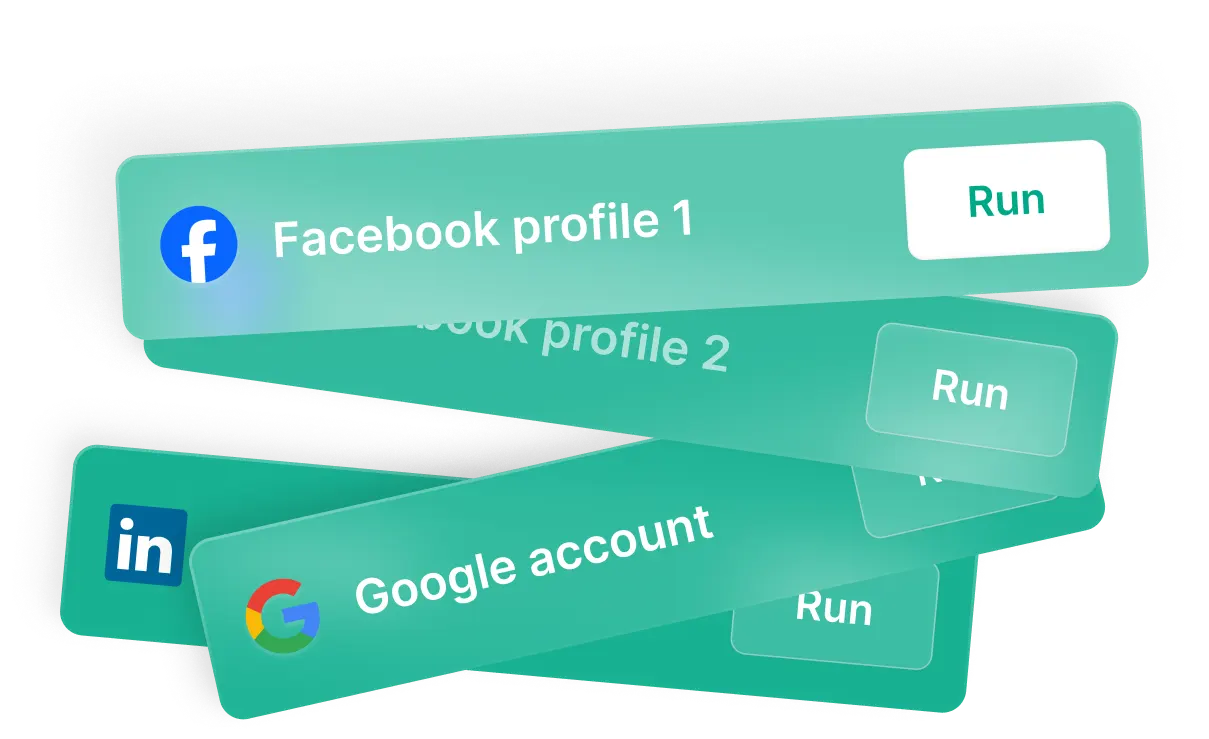NFT, or Non-Fungible Tokens, are digital assets that represent ownership or proof of authenticity of a unique item or piece of content, stored on a blockchain. Unlike cryptocurrencies such as Bitcoin or Ethereum, which are fungible and can be exchanged on a one-to-one basis, NFTs are unique and cannot be exchanged equivalently.
How Do NFTs Work?
NFTs are built on blockchain technology, most commonly on the Ethereum blockchain using standards like ERC-721 and ERC-1155. Each NFT contains distinct information, stored in smart contracts, that sets it apart from other tokens. This information can include metadata about the item, ownership history, and other unique attributes.
Key Features of NFT:
1. Uniqueness:
Each NFT has unique information or attributes that differentiate it from other tokens. This uniqueness is what gives NFTs their value, much like rare baseball cards or one-of-a-kind art pieces.
2. Indivisibility:
Unlike cryptocurrencies, NFTs remain whole and cannot be divided into smaller units. Therefore, you either own the entire NFT or none of it.
3. Ownership and Provenance:
The blockchain records NFT ownership, providing a transparent and immutable record. It also tracks provenance, or the history of ownership, which is crucial for establishing the authenticity and value of digital assets.
4. Interoperability:
NFTs can be used across different applications and platforms that support the same blockchain standards. This means you can buy an NFT on one platform and sell or use it on another.
Uses of NFT:
- Digital Art: NFTs have created new opportunities for artists to monetize their digital artwork. By minting their art as NFTs, artists can sell their work directly to collectors and receive royalties on secondary sales.
- Gaming: NFTs are used to represent in-game assets like characters, items, and skins. Players can own, trade, and sell these assets, adding a layer of real-world value to virtual items.
- Virtual Real Estate: Platforms like Decentraland and Cryptovoxels allow users to buy, sell, and develop virtual land using NFTs. People use these virtual properties for various purposes, including hosting events, building virtual stores, or simply investing.
- Music and Entertainment: Musicians and entertainers use NFTs to tokenize their work, offering exclusive content, limited-edition releases, and virtual concert tickets. This allows artists to connect with fans in new ways and create additional revenue streams.
- Collectibles: Digital collectibles, such as trading cards, virtual pets, and memorabilia, are popular uses for NFTs. These collectibles can appreciate in value over time, much like physical collectibles.
- Domain Names: Blockchain-based domain names, like those provided by Unstoppable Domains, are represented as NFTs. These domains offer greater control and security compared to traditional domain registration systems.
- Identity and Credentials: NFTs can represent digital identities, certifications, and credentials. For example, universities could issue diplomas as NFTs, providing secure and verifiable proof of achievement.
Challenges and Considerations:
Environmental Impact:
The minting and transaction processes of NFTs, especially on proof-of-work blockchains like Ethereum, consume significant energy. Consequently, this has raised concerns about the environmental impact of NFTs.
Market Volatility:
The value of NFTs can be highly volatile. Prices can skyrocket based on trends and hype but can also plummet just as quickly.
Legal and Regulatory Issues:
Jurisdictions vary in how they regulate the legal status of NFTs. Authorities are still navigating issues related to intellectual property, ownership rights, and fraud.
Future of NFT:
The future of NFTs looks promising, with potential applications expanding beyond art and collectibles into areas like real estate, finance, and identity verification. As technology advances and blockchain adoption grows, NFTs are likely to play a significant role in the digital economy.
Understanding NFTs involves recognizing their unique properties, diverse applications, and the challenges they present. As they continue to evolve, NFTs will likely offer new opportunities and reshape various industries.
